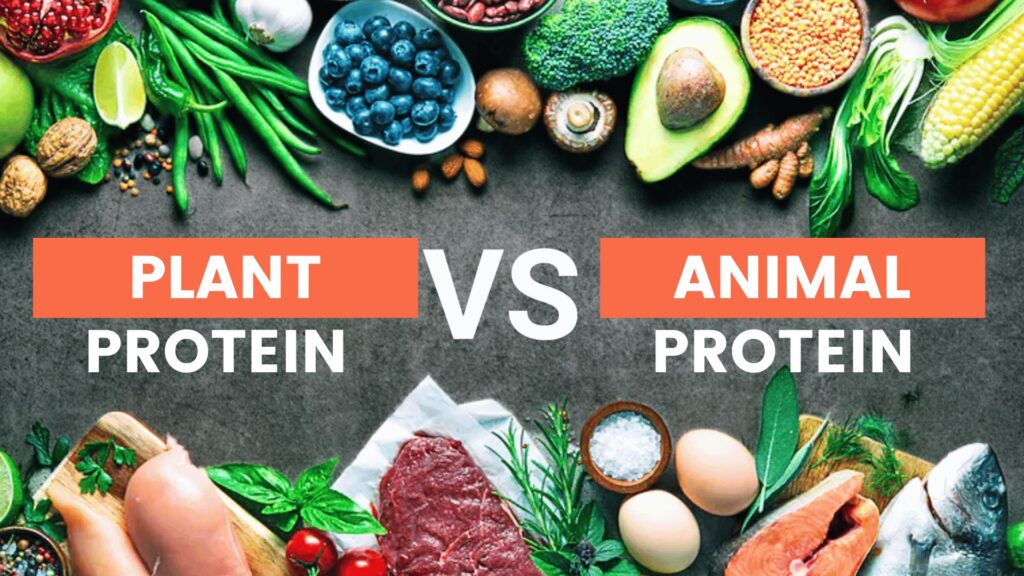When it comes to dietary proteins, there’s a common misconception that animal-based sources are superior to plant-based alternatives. This belief stems from the notion that animal proteins are “complete” proteins, providing all essential amino acids in optimal ratios. However, emerging research and nutritional science suggest that plant-based proteins offer unique benefits that can make them a preferable choice for many people.
Understanding Protein Quality: Protein quality is measured by its amino acid profile and digestibility. Animal proteins are often complete, meaning they contain all nine essential amino acids. However, plant-based proteins can also meet all your amino acid needs when consumed in a varied diet, which combines different plant sources.
Health Implications of Protein Sources
- Cardiovascular Health: Plant-based proteins are associated with lower levels of harmful LDL cholesterol and higher levels of heart-protective HDL cholesterol. In contrast, some animal proteins, particularly red and processed meats, have been linked to higher rates of heart disease.
- Weight Management: High-fiber content in plant-based proteins helps in feeling fuller longer, aiding in weight management. Animal proteins, while filling, do not typically offer the same fiber benefits.
- Cancer Risk: Some studies suggest that heavy consumption of red meat can increase the risk of certain types of cancer. Plant-based diets are generally associated with a lower overall cancer risk.
Incorporating Plant-Based Proteins Effectively To effectively incorporate plant-based proteins into your diet, consider these strategies:
- Diverse Diet: No single plant food needs to provide all essential amino acids. By eating a variety of plant-based foods throughout the day, you can easily achieve a complete amino acid profile.
- Supplement Wisely: For those concerned about protein intake, supplements like pea protein or protein-rich cocoa can be helpful additions to a plant-based diet.
- Cook Creatively: Use herbs and spices to enhance the flavor of plant-based dishes, making them as enjoyable as they are nutritious.
Practical Plant-Based Protein Snacks
- Lentil and Nut Patties: Mix cooked lentils with crushed nuts, spices, and a bit of flour to bind, then pan-fry for a delicious protein-rich snack.
- Chia and Flaxseed Pudding: Combine chia seeds, flaxseeds, almond milk, and a touch of maple syrup for a sweet treat that packs a protein punch.
- Homemade Protein Bars: Use oats, protein laddoos, peanut butter, and dried fruit to make energy bars that are perfect for on-the-go snacking.
Switching to or incorporating more plant-based proteins into your diet isn’t just a dietary choice—it’s a health-conscious decision that can lead to significant benefits. By challenging the myths surrounding protein sources, especially the alleged superiority of animal protein, we open up a world of nutritious and heart-healthy options that align with a sustainable and ethical lifestyle. Whether you are fully vegetarian or simply aiming to reduce your meat intake, Wevive India’s high protein snacks provide delicious and healthful alternatives to support your dietary goals.
